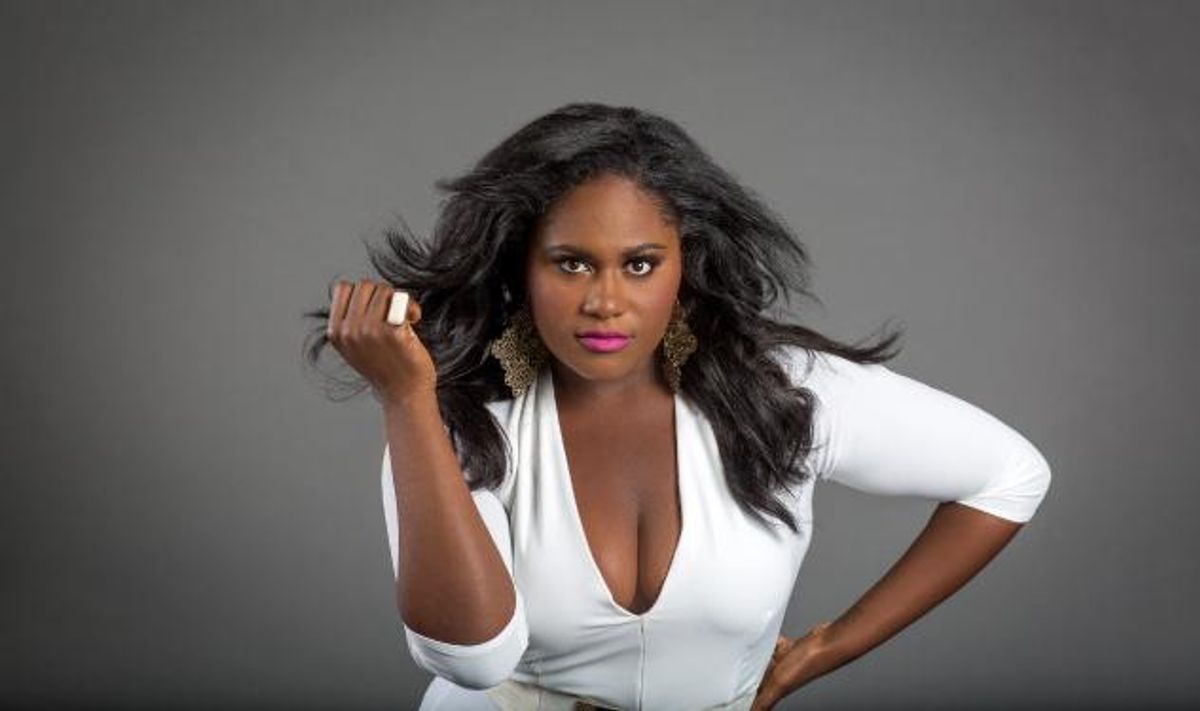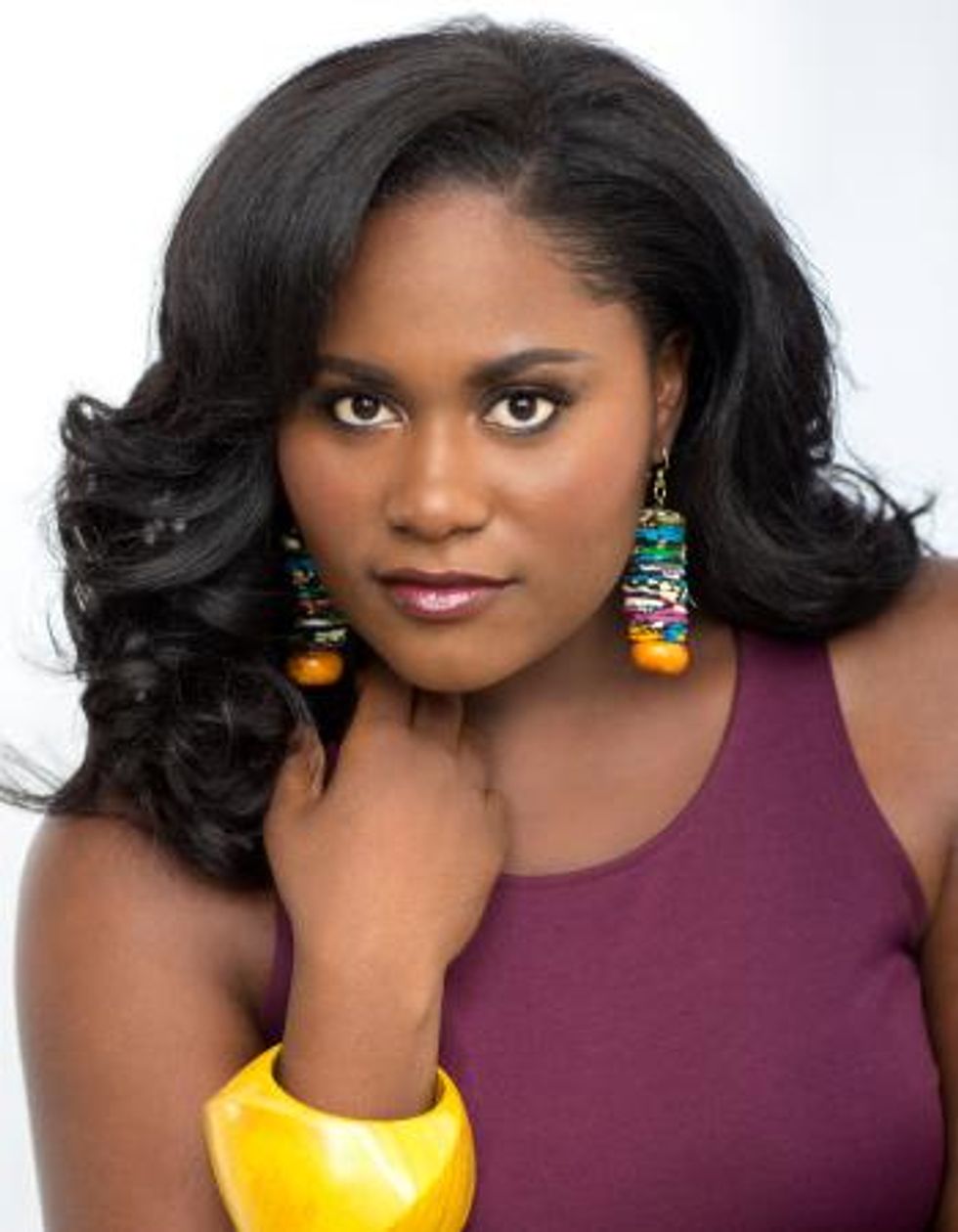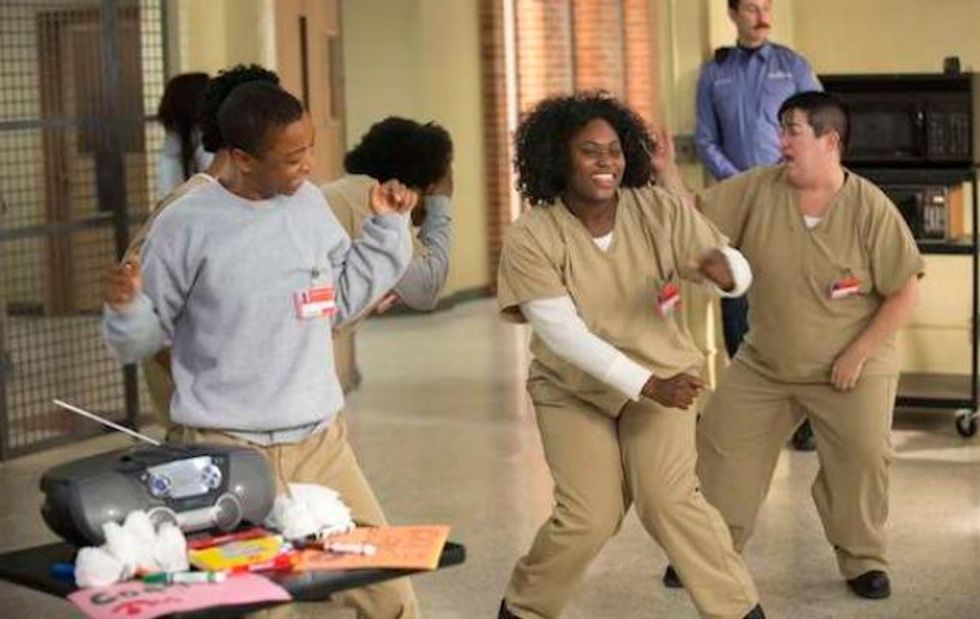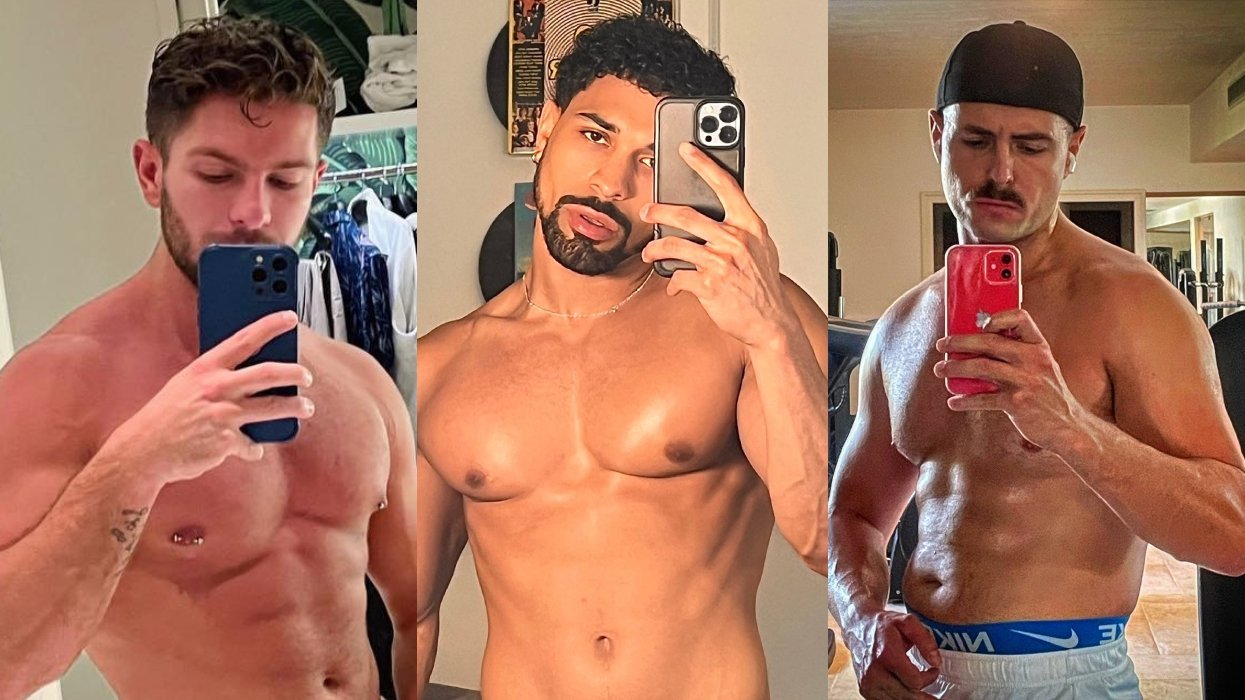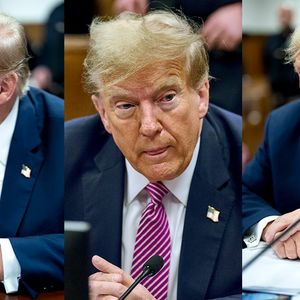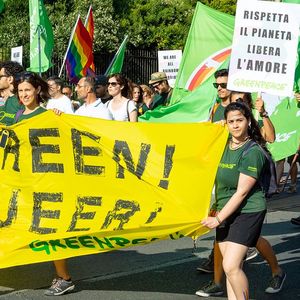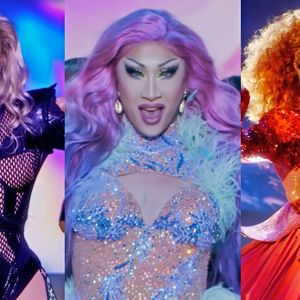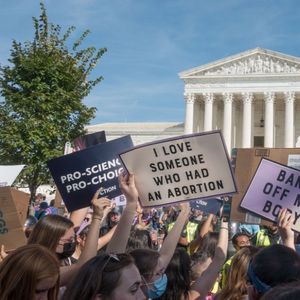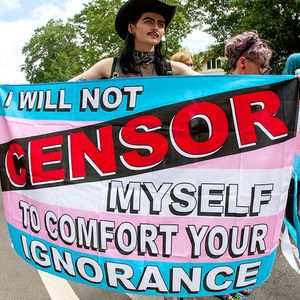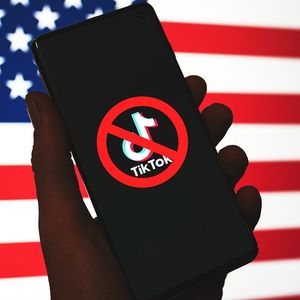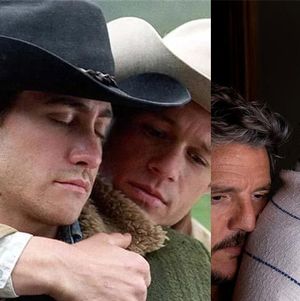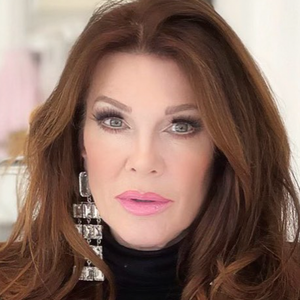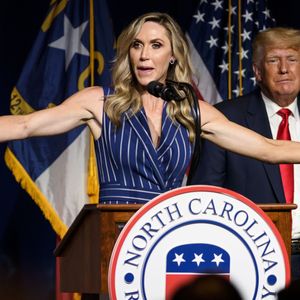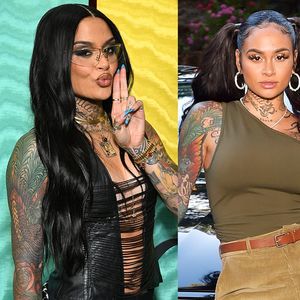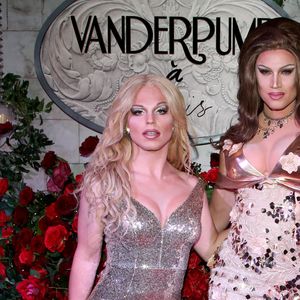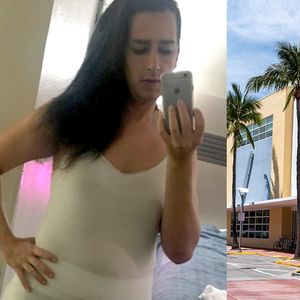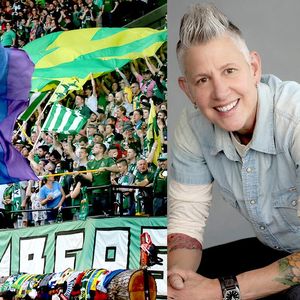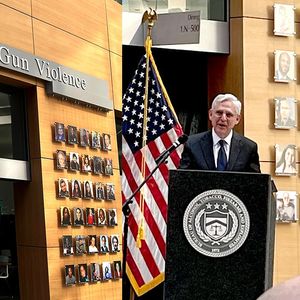Photo: Ira L. Black
We fell in love with Taystee, Danielle Brooks' character on Orange Is The New Black, as soon as she showed up onscreen, exclaiming about the main character's boobs. Then we fell in love with the talented actress herself the moment she walked into our office and began dishing about the show. Rated as the top character by various blogs, Brooks has just been made a series regular along with Uzo "Crazy Eyes" Aduba, and it's no wonder: She's a scene-stealer, and once you get a taste of Taystee, you can't get enough.
OUT: Congratulations on becoming a series regular! When did you find that out?
Danielle Brooks: I found out about a week before it was announced to the world, so that was very recent.
A new ranking on E!Online names Taystee as audiences' favorite character. Does that surprise you?
DB: It happened so fast, and to be acknowledged for the work that you've done and for people to say, "We really rock with you and you're number one" is pretty amazing. I'm shocked, especially since I just graduated from Juilliard two years ago.
When you were offered the part, did you think that Taystee would receive so much love?
DB: I auditioned with the first scene of episode one, the shower scene. The first thing the casting director, Jen Euston, said was: "Don't play her mean." I knew what she meant by "not mean" and that she had a joyous spirit. It just gelled really well and I knew that working with someone like [show creator] Jenji Kohan that I wasn't just going to play a black woman in prison. I didn't know anything else about Taystee until they told me I got the job. Once I got it, I said, "Ok, I can rock with this." Knowing from the jump that I wasn't going to be the only black woman on the show was cool to me, as well as knowing that it was different ages and sizes, and that the LGBT community was represented nicely--people were getting to see the misfits, the underdogs, and getting to know them on a deeper level.
When you say it gelled well, do you mean that you find similarities between you and Taystee?
DB: I think what I meant with the "gel" is that I found immediately a way to relate to Taystee. I also have a really big personality. My mouth isn't as foul as hers, and I'm way more careful with what I do, but that innocence and that bubbliness is in my nature. I have a deeper side that I don't share with everybody, and I don't think [Taystee] does either. She only really shares it with people she feels closely with, people like Poussey.
Speaking of Poussey, Orange is also very much about interpersonal relationships. Do you think that one of the goals of the show is to prove there is a deeper, natural connection between women?
DB: I think the goal of the show is to remind us that we're more than what we appear to be, whether that is gay, whether that is black--I think that's really the purpose of [it]. As far as relationships, I feel like there is something when it comes to prison where there's a lack of connection, there's a lack of touch, there's a lack of feel, and I think Taystee and Poussey are both longing for it... But I don't know where their relationship is going yet. They're both young and naive in some ways, and very wise in others. It's not physical--it's something more than that that they have. I'm going to be thinking about this for a while now...
How far in advance do you get the scripts?
DB: If you're lucky, a week. It feels like you have to get ahead of yourself because you don't know if you have a big scene for the next episode. Things switch around a lot.
Is it different to shoot a series for Netflix as opposed to a show for network television?
DB: Netflix allows the show to have freedom, which is awesome. If you feel that something might not exactly work with that character, you get to ad-lib a little. [The line] "Ain't nobody got time for that" was me, and the spin, the "Taystee twist", was my thing. Getting to add our own flavor adds to the show and it trickles down to the audience because you get a chance to watch what you want to watch, or watch it 100,000 times, or knock it out in 24 hours. To get to be a part of a new movement is almost like playing spades and you have the joker. You're at the top of your game.

Photo: Ira L. Black
How did you research your character?
DB: I read Piper Kerman's book [on which the show is based]. Taystee is in the book but it's not really her story. Then I watched a hell of a lot of Beyond Scared Straight. You can see these all these women who are already in prison and these kids who are on their way to getting there. So you have that whole journey from 13, when they started out being badasses, to when they actually land in prison, so the whole storyline is there.
Was that a challenging role for you as a classically-trained actress from Juilliard?
DB: People joke about that! Going to Juilliard, you do Chekhov and Shakespeare. You aren't really trained for something like this. You pull from what you have from classes and finding ways that get you into different characters. So Juilliard did help in that way. Actually, Samira [Wiley], who plays Poussey, and I went to Juilliard together. She was a year ahead of me. She told me she was auditioning for the show and I was like, "Yo let's get together, let me help you." But she's brilliant on her own. I take no credit for her booking it. You gotta look out for each other. The bromance definitely started way ahead of time. That was our research.
What is the mood like on the set with all these women around? Is there camaraderie? Catfights?
DB: We love the hell out of each other. It's ridiculous how close we are, no lie. We don't spend much time in our dressing rooms: We're on set watching each other work. We go out a lot. We went to Fat Cats recently and went salsa dancing together! We love hanging out--we all enjoy each other's company, and we want to see each other do well. This is such a small business, especially when you get down to certain groups. I was friends with Poussey, Black Cindy, and Uzo "Crazy Eyes" before the show; it's a small world. Being women of color, a lot of the time we're going out for the same parts, even though we're so different, as you can tell on the show. I'm pretty sure some of the Hispanic women knew each other ahead of time, too.
One of the most interesting parts of the show that there's this acknowledged separation among the groups, but it's done without tokenism, which is almost shocking at first because it doesn't conform to political correctness. Do you think it's more true-to-life?
DB: I think it's much more realistic to the world that we live in. It's kind of hard to see sometimes, living in New York, but being from South Carolina I find that even if you really break down New York--you go to Harlem, you're gonna see blacks, you go to Spanish Harlem, you're going to see Hispanics, Washington Heights, you go to the Village--it is, actually, a sort of fucked-up system we have, and it translates even more into prison. I can only imagine what it's like for a character like Laverne [Cox], a transgender woman. That's also what excited me about the project: That we weren't going to sugarcoat things.
The show is like a microcosm of American racial, social, and civil rights issues with race and LGBT equality, and it takes a very stark view of that, which most television shows don't do.
DB: It's really cool to be on a show like this. The world is changing and I'm glad that TV is starting to get on board, and that's why I got into acting. I like to step into different shoes that aren't my own. I feel like it's a way for people to look at themselves in a different way and examine why [they] act this way, and to get to be on a show that puts it in your face. It's not acting like everything is peaches and cream. This is it.
Does it bother you to be labeled as the "funny black girl"?
DB: A lot of the time we try to put people in boxes and try to label things, and it makes people feel good about themselves when they can say, "This is what you are. I figured you out." I think that's where a lot of fear comes in, because people don't want to get to know someone on a deeper level, and I do relate to that. I'm not gay, but as a straight woman, a black woman, not a size 6, and from the south. People try to label you and say, "Oh, I know what you believe, who you are. I got you down." But I'm more than that, and to get the opportunity to be on a show that celebrates everybody for being different, and for being more than what you see, is exciting. I think it's way overdue.

Pictured: Danielle Brooks (center) with co-stars Samira Riley (left) and Lea DeLaria (right) on 'Orange is the New Black' (Netflix)
Taystee's background story struck viewers as one of the most heartbreaking. Was it difficult to play?
DB: Of course. The most heartbreaking thing about it is that it's truthful. It's real life. That's what's challenging about playing this character, that more than one person out there is living that life. I definitely feel for Taystee. Sometimes I get emotional thinking about her because it's so relatable. All they know is the streets and prison, and they don't have anyone in their lives. Taystee found structure in prison, and I feel like if she had had one mentor in her life, she would've been ok. Here she feels like she has a family. That is consistent enough for her. She knows they'll be there for six months or a year and a half. Getting to play her as truthfully as I can is a gift. I'm very thankful.
What was the most challenging part for you?
DB: The biggest challenge was not playing for laughs. [Taystee is] just really funny. Allowing that to be, but not playing at it, was challenging because I want to audience to laugh where they want to laugh and not be like, "This is where you're supposed to laugh, hahaha." That was important to me and it helped me find the depth of her, to just be her.
Are you afraid of being typecast?
DB: You know, it's crazy when you [get to an audition] and get a breakdown: ghetto, big black woman, sassy. Like, it's annoying. And when you're not given material to do anything with for [your character]. At least, when I was given the script [for Orange], I thought, yes she's sassy, yes she's all that, but again, she's way more than that, and they allow me to explore that on the show.
What would you say is your best memory from the set?
DB: Um, I think the Taystee rap! Getting to be in that room with all those women, it was so amazing and warm, and there was just such a camaraderie with all these women cheering. When we rehearsed the scene, there wasn't the big crowd of women. But when I got all this energy, I swear the whole way I rapped was different because it became something new. Another one of my favorite moment is the scene with Samira in the library. But episode 10, "Beyond Scared Straight", is my favorite episode when the bad kids come from the Scared Straight program and Crazy Eyes does the Shakespeare. It was brilliant. I was so mad I wasn't on set that day! Why did Taystee go away during this scene? Oh man.
Did you come up with the rapping and singing yourself?
DB: No, that was the writers. I did come up with the beat for the rap, the way it flowed, that was me. The writer said, "What can you do with it?" The only other time that it was us was the pageant. It was supposed to be the Hallelujah chorus and we were like, "No. We're going to spice it up." We spent maybe hours working on that and coming up with songs that wouldn't cost the producers any money.
Do you have any spoilers for us for season two?
DB: If I did, I would have to take you with me and lock you in a room. I did just finish an episode of Girls season three, but I don't want to spoil it for you guys. Another show that explores female relationships in a grittier way. I play a totally different character, for sure.
On Orange, where would like to see your relationship with Poussey go?
DB: I don't know what's happening, but I'm hoping for some conflict between friends. I think that's fun to watch. I want to see them get in trouble together. I don't know, try to escape prison together--that would be fun.
That seems like something Taystee would try to do.
DB: And I think Poussey would be right there with her.
That could be a whole spin-off.
DB: We could hold it down, for real. That would be awesome. Let's go, let's go!
